-
- Market Research
- |
- CBD Near Me
- |
- Giveaways
- |
- Newsletter
- |
- Contact
- |
- Advertise
- |

Post-traumatic stress disorder (PTSD) is a hot topic in society, especially because of its common and increasingly-controversial treatment with opioids. Fortunately, cannabidiol (CBD) is being suggested as a promising therapy by scientists across the globe. Their research shows CBD might prevent the consolidation of fear memories prevalent in PTSD, reduce anxiety, and improve sleep. These benefits would help bring relief to many patients without the fear of side effects inherent with medication, indicating CBD is a viable treatment for those with PTSD.
Overview of PTSD
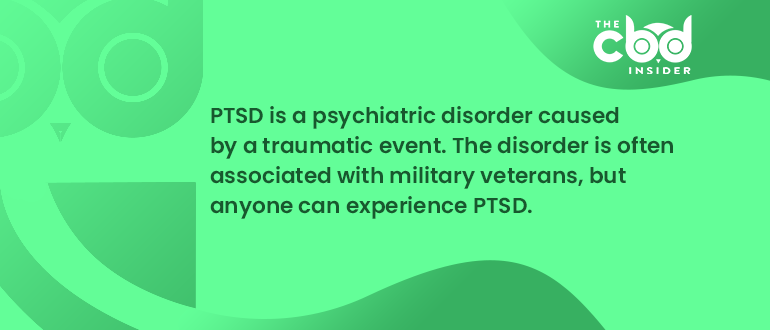
The American Psychiatric Association estimates that nearly 9 million American adults have PTSD and that one in 11 people will experience PTSD at some point in their lives.
PTSD is a psychiatric disorder caused by a traumatic event. The disorder is often associated with military veterans, but anyone can experience PTSD.
PTSD Symptoms
There are four categories of recognized PTSD symptoms:
- Re-experiencing: Experiencing the traumatic event again in involuntary memories, flashbacks, or intense dreams.
- Avoidance: Avoiding people, objects, places, and anything else that may trigger the individual to re-experience the traumatic event.
- Negative beliefs and feelings: Individuals may have anger, guilt, detachment, less enjoyment for activities previously enjoyed, or distorted beliefs about themselves.
- Hyperarousal: Patients may have outbursts, difficulty sleeping, self-destructive behaviors, or be easily startled.
Symptoms of PTSD may last only a few months or become a chronic battle. Some people may not experience symptoms until months after the trauma. PTSD is also coupled with other disorders, such as anxiety or depression.
PTSD Risk Factors
Not everyone who experiences a traumatic event will develop the disorder. Some factors can make certain people more likely to develop PTSD, such as:
- A long-lasting or intense trauma
- Childhood trauma
- Professions where traumas are likely, such as in the military or medical field
- Having anxiety or depression
- Relatives with anxiety or depression
Developing PTSD can also depend on the type of trauma an individual experiences, and what an individual may consider as traumatic.
How PTSD Works
Before diving into how CBD interacts with PTSD, it is important to understand how PTSD works in the brain.
Pathophysiology of PTSD
Although knowledge of PTSD is still somewhat limited, scientists believe dysfunction in some neurotransmitter systems, such as the opioid, serotonin, and endocannabinoid systems, contribute to PTSD development.
In the opioid system, a particular receptor called the dynorphin opioid receptor (KOR), which is known to be involved in brain disorders like epilepsy and Alzheimer’s, seems to be responsible for stress-induced anxiety and behavior.
KOR can be triggered to help an individual escape a threatening situation; however, if KOR is chronically activated, as is the case in anxiety disorders like PTSD, individuals can become depressed and anxious.
In the serotonin system, the 5-HT1A and 5-HT1B receptors have been shown to modulate anxiety, fear, sleep, aggression, and reinforcement learning, all of which are common factors in PTSD.
Animal studies conducted by Mount Sinai School of Medicine in New York and Columbia University demonstrated that a lack of 5-HT1A receptors and the reduced ability of 5-HT1B receptors to bind with their agonists resulted in the development of PTSD symptoms; thus, these serotonergic receptors could be targets in human PTSD.
The endocannabinoid system also seems to play a significant role in PTSD. Low levels of endocannabinoids such as anandamide and 2-arachidonoylglycerol (2-AG) are observed in PTSD patients.
The CB1 receptor is also important in mood, anxiety, and the extinction of fear memories. Anandamide activates CB1, so when anandamide levels are low, CB1 is not expressed as often, leading to stress and anxiety behaviors.
CBD is known to inhibit fatty acid amide hydrolase (FAAH), the enzyme which breaks down anandamide, which is considered a potential therapeutic option for PTSD.
PTSD Medication
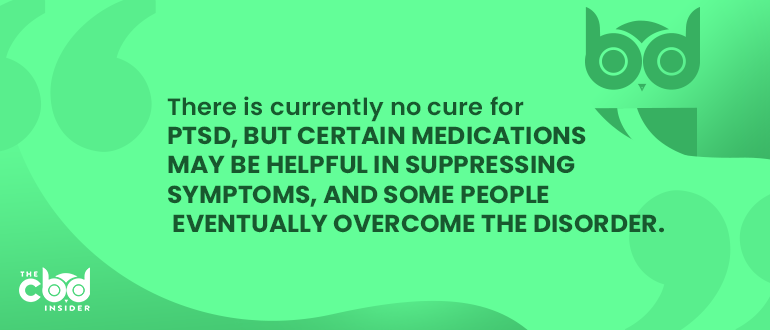
There is currently no cure for PTSD, but certain medications may be helpful in suppressing symptoms, and some people eventually overcome the disorder.
However, research by Johns Hopkins University and the NYU School of Medicine reveals that current PTSD treatment only targets symptoms, and no medication has been designed to specifically treat PTSD.
The most common medications for PTSD are antidepressants such as selective serotonin reuptake inhibitors (SSRIs) and serotonin-norepinephrine reuptake inhibitors (SNRIs).
Antidepressants can cause some serious complications, such as:
- Nausea
- Dry mouth
- Sleep issues such as insomnia or drowsiness
- Diarrhea
- Nervousness
- Dizziness
- Headache
- Withdrawal symptoms
- In extreme cases, thoughts of suicide
PTSD and Opioids
Research is showing that prescribing opioids to patients with PTSD is a dangerous combination.
Opiates come from a poppy flower called Papaver somniferum and are highly addictive, which has contributed to the current “opioid epidemic” in America.
According to journalist Andrew Sullivan, writing for New York Magazine in February 2018, “The poppy, through its many offshoots, has now been responsible for a decline in life spans in America for two years in a row, a decline that isn’t happening in any other developed nation. According to the best estimates, opioids will kill another 52,000 Americans this year alone — and up to half a million in the next decade.”
The highly addictive drug is often prescribed to military veterans for post-combat pain relief, and even psychological pain relief. However, many veterans may have PTSD without them — or their doctors — being aware of it, raising their risk of developing opioid dependence.
A 2017 study by Canadian researchers from the University of Toronto demonstrated that patients with PTSD were at a significantly increased risk of developing opioid use disorder as compared to patients who were prescribed opioids without PTSD. The researchers highly recommend clinicians screen their patients for PTSD before prescribing opioid medications.
This information implies the need for new developments of pain and PTSD therapies that possess far less threatening dangers.
Fortunately, CBD has a favorable safety profile over many medications and is suggested by research to be a viable treatment for PTSD.
Studies Show CBD May Be Effective for PTSD
Studies show CBD can disrupt fear memories, prevent anxiety behaviors, disrupt consolidation of fear memories, improve anxiety and sleep symptoms of PTSD, and may be helpful in military veterans with PTSD.
CBD Disrupts Fear Memories
A 2017 study by Brazilian researchers from the Federal University of Parana, the University of São Paulo, and the Federal University of Santa Catarina studied CBD’s effects on fear memory through the endocannabinoid system using rats.
CBD reduced fear expression, disrupted the consolidation process, and lowered resistance to fear memory extinction when the rats were treated immediately after acquiring a fear memory.
The study also investigated how CBD disrupted fear memory consolidation.
The researchers found CBD indirectly activated the CB receptors by elevating anandamide levels through the inhibition of FAAH, the enzyme which breaks down anandamide.
CBD Prevents Anxious Behaviors
Another study by the University of São Paulo studied the effect of CBD on rats subjected to stress induced by the presence of a cat, which produces PTSD-like effects.
After being exposed to predator stress, some rats were administered CBD or placebo repeatedly or only once. After seven days, results showed that repeated administration of CBD prevented anxious behavior.
The study also found that CBD produced this effect through the 5-HT1A receptor, a receptor that may play a major role in PTSD development.
Researchers suggested “CBD has beneficial potential for PTSD treatment” and that 5-HT1A receptors are a potential therapeutic target.
CBD Oil Improves Anxiety and Insomnia in Pediatric PTSD
A case study led by Scott Shannon, an Assistant Clinical Professor of Psychiatry at the University of Colorado School of Medicine in Fort Collins, showed the effects of CBD oil on a young girl with PTSD.
The young girl had been abused and, as a result, expressed PTSD symptoms such as difficulty sleeping and anxiety. Since medication did not have long-lasting effects, treatment with CBD oil was implemented.
CBD oil significantly decreased the patient’s anxiety and steadily improved her sleep over a five-month period.
The study concluded that its main finding was CBD can be useful to reduce insomnia and anxiety related to PTSD.
A Review of Cannabis Use in PTSD Military Veterans
In 2015, researchers from the College of Pharmacy and Health Sciences at Drake University in Iowa compiled a review of scientific literature regarding the use of cannabis and its derivatives in military veterans with PTSD.
The research determined that military veterans expressed a positive correlation between severe PTSD symptoms and a desire to use cannabis. Data also reported that cannabis universally relieved PTSD symptoms or specific symptoms such as insomnia or anxiety.
The review concludes that more research should be conducted on cannabis for PTSD, especially since it seems a “substantial” number of military veterans use cannabis to treat PTSD, and many of them report benefits.
How Does CBD Treat PTSD?
CBD may treat PTSD by modulating neurotransmitters levels, preventing the long-term formation of fear memories, and improving quality of life in the form of sleep and reduced anxiety.
CBD Modulates Neurotransmitter Levels
CBD’s ability to treat PTSD has been shown to be mediated by the indirect activation of endocannabinoid receptors and the activation of the serotonergic receptor 5-HT1A. These receptors are typically activated by their natural neurotransmitters: anandamide for endocannabinoid receptors and serotonin for 5-HT1A receptors.
In the endocannabinoid system, low levels of anandamide have been shown to contribute to PTSD development since anandamide is known to have mood-enhancing properties. CBD improves anandamide levels by inhibiting the breakdown of anandamide, allowing it to activate CB1 receptors longer and improve mood.
In the serotonergic system, serotonin is responsible for regulating mood, memory, sleep, and social behavior, and low serotonin can also contribute to PTSD. CBD essentially acts like serotonin and activates the 5-HT1A receptor to potentially improve mood, impair fear memory, and help with sleep.
CBD Prevents Fear Memory Formation
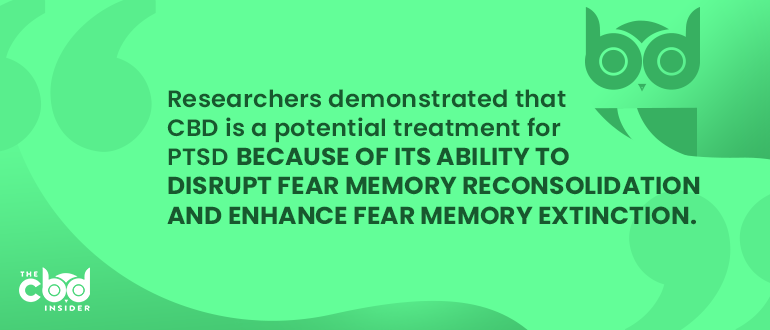
Fear memories, which can be formed by a traumatic event, evoke fear responses such as anxiety and other negative symptoms associated with PTSD. Therefore, disrupting the formation or enhancing the extinction of fear memories is a key therapy for PTSD patients.
Fear memories are learned when a person associates a negative experience with a neutral context. For example, military veterans may display fear expression when they hear sounds that resemble gunshots. This is a learned fear expression.
A study by researchers from the University of Birmingham, the University of Nottingham, the Federal University of Santa Catarina, and the University of São Paulo showed that CBD had an “enduring reduction” in fear expression.
The researchers also demonstrated that CBD is a potential candidate for PTSD treatment because of its ability to disrupt fear memory reconsolidation (solidifying a memory by recall) and enhance fear memory extinction.
CBD produces these fear memory effects through the 5-HT1A receptors and the CB1 receptors, both of which are known to have effects on memory.
CBD Improves Quality of Life
PTSD can severely impair an individual’s ability to live a normal, healthy life. For instance, PTSD patients may have difficulty sleeping or experience chronic anxiety that leads to depression.
Anxiety is a common symptom of PTSD. Like in PTSD, serotonin and endocannabinoid deficiencies are also believed to be primary contributors to anxiety disorders.
As the above studies have shown, CBD interacts with both the serotonergic system and endocannabinoid system to help balance them and provide anxiolytic benefits, such as fear memory disruption and preventing anxious behaviors.
Sleep disturbances are also common after traumatic experiences, such as insomnia and REM sleep abnormalities, which are induced by anxiety.
In a 2012 study by the University of Taipei in Taiwan, researchers found CBD to normalize sleep and prevent REM sleep alteration. CBD oil also improved sleep in the study about the young girl with PTSD, suggesting CBD can improve the quality of life of PTSD patients by helping to reduce anxiety and improve sleep quality.
CBD Provides PTSD Patients With Hope for a Normal Life
PTSD can cause severe harm if left untreated or improperly treated. With no access to medication specifically for their condition, a growing prevalence, and the heightened risk of substance abuse, it is vital for the lives of PTSD patients that new therapies be developed.
Fortunately, many researchers have revealed CBD has the potential to help the millions suffering from PTSD. With its ability to disrupt fear memory processing, reduce anxiety, and improve aspects of quality of life like sleep, CBD has a robust therapeutic profile for PTSD.
PTSD patients may find relief from their symptoms and the hope for a normal life with CBD.
Have you or a loved one used CBD for post-traumatic stress disorder? Share your experience and results in the comments below.
Disclaimer: The content on this site is for informational purposes only. We are not medical experts and nothing should be construed as medical advice. Be sure to speak with your physician before taking CBD or any other treatment.


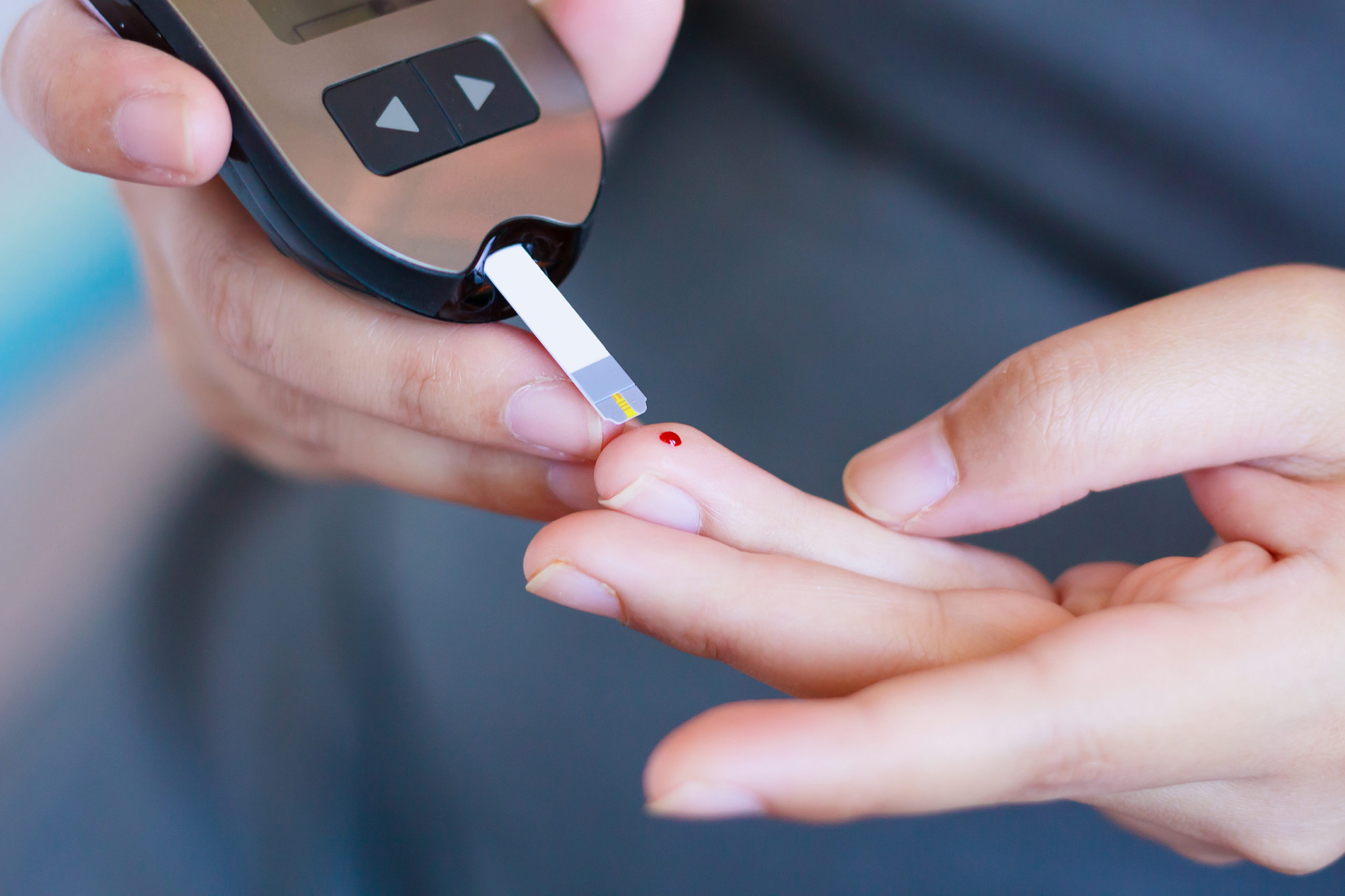
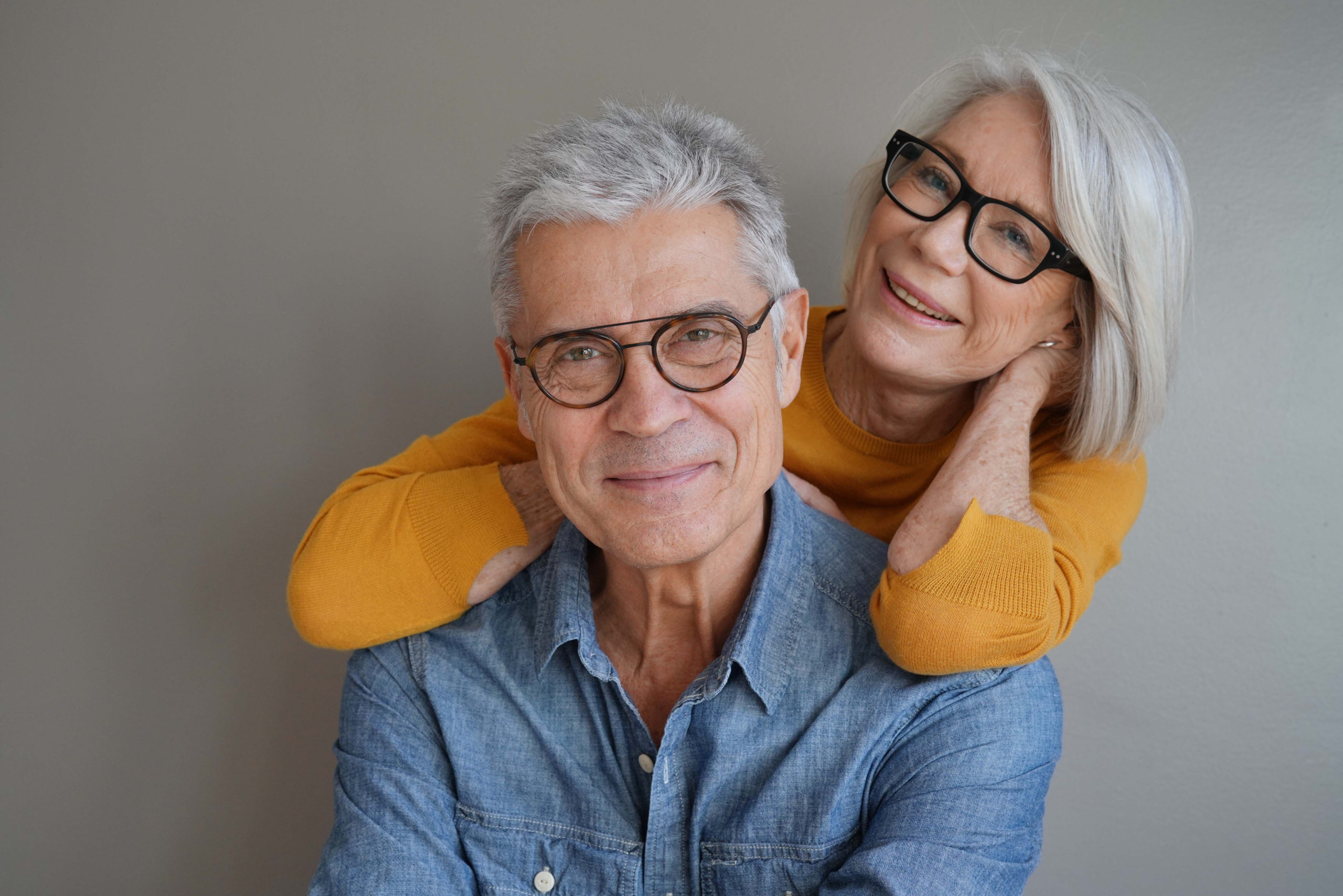

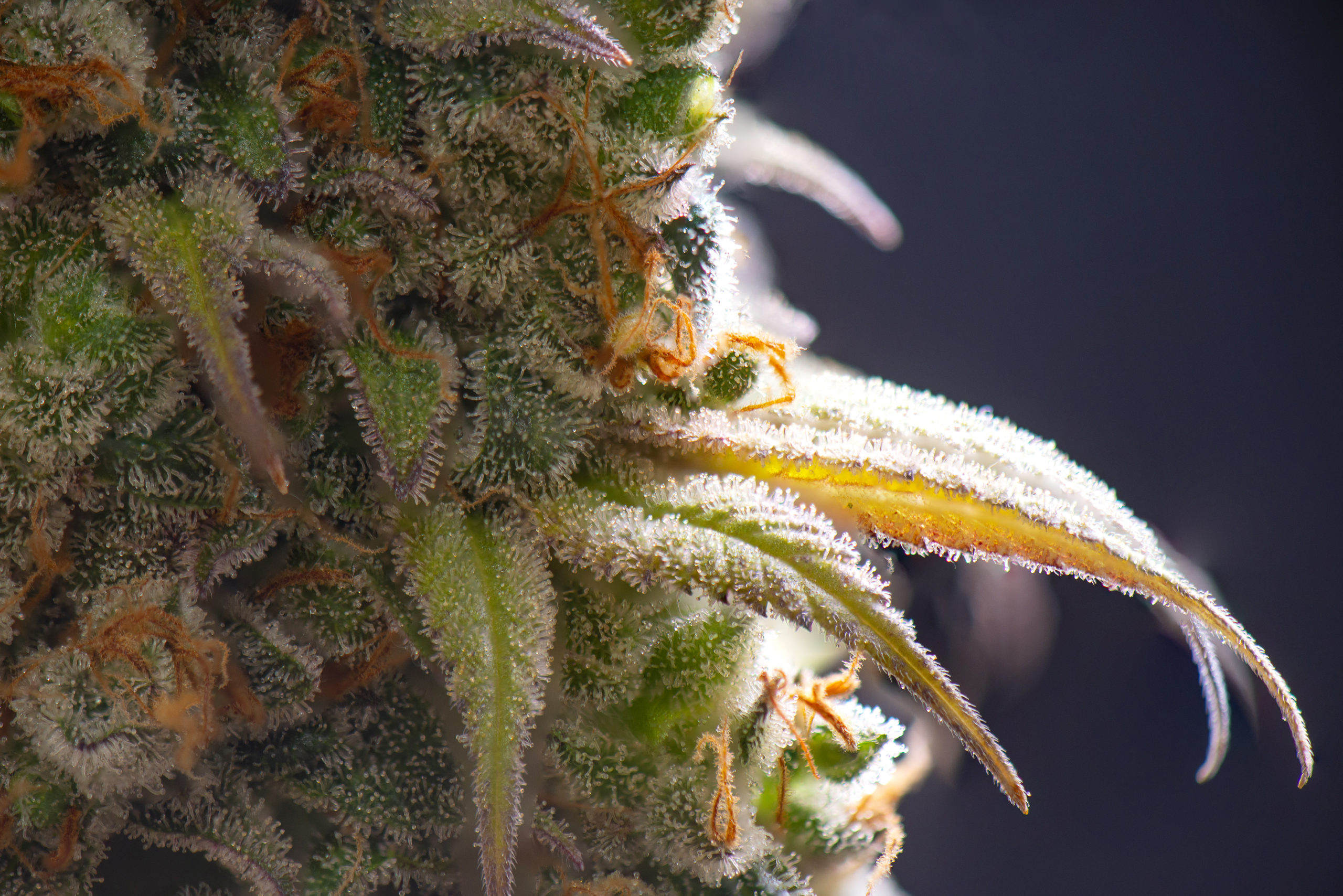
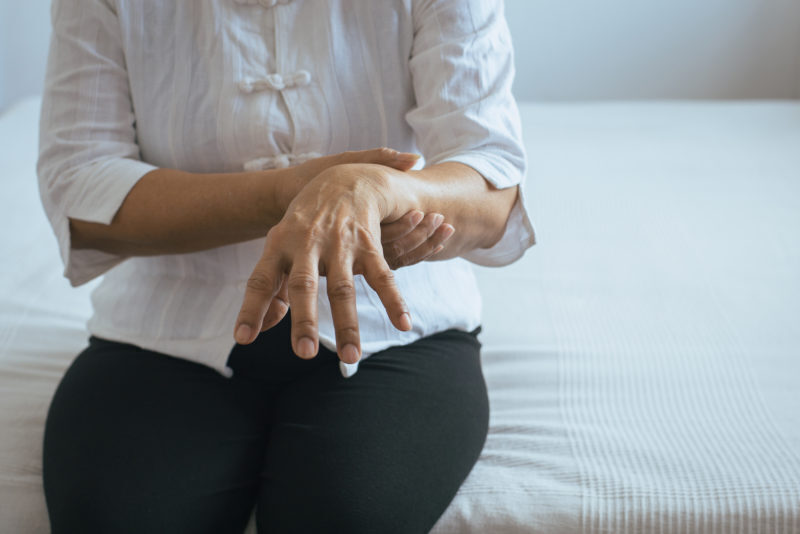
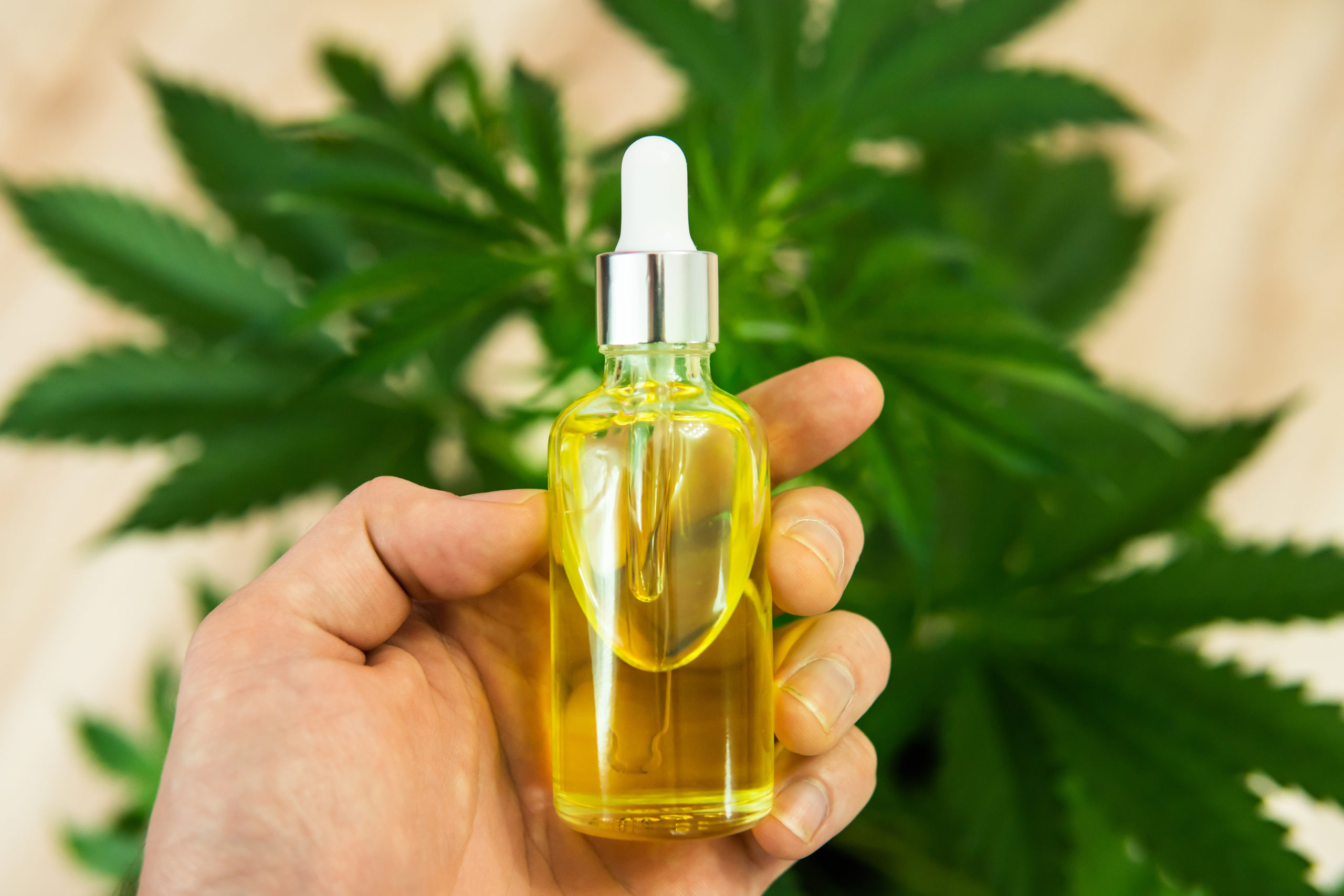
6 Comments
I work in the Nordic with traumatized refugees from Mid East. One patient of mine found (on his own) great relief from smoking weed. The change was so huge and fast, it seemed almost a miracle. But we also had many good sessions behind and had a good working relationship, that possibly paved the ground. This article is very interesting.
Glad you liked the article!
I work in the Nordic with traumatized refugees from Mid East. One patient of mine found (on his own) great relief from smoking weed. The change was so huge and fast, it seemed almost a miracle. But we also had many good sessions behind and had a good working relationship, that possibly paved the ground. This article is very interesting.
Glad you liked the article!
I work in the Nordic with traumatized refugees from Mid East. One patient of mine found (on his own) great relief from smoking weed. The change was so huge and fast, it seemed almost a miracle. But we also had many good sessions behind and had a good working relationship, that possibly paved the ground. This article is very interesting.
Glad you liked the article!